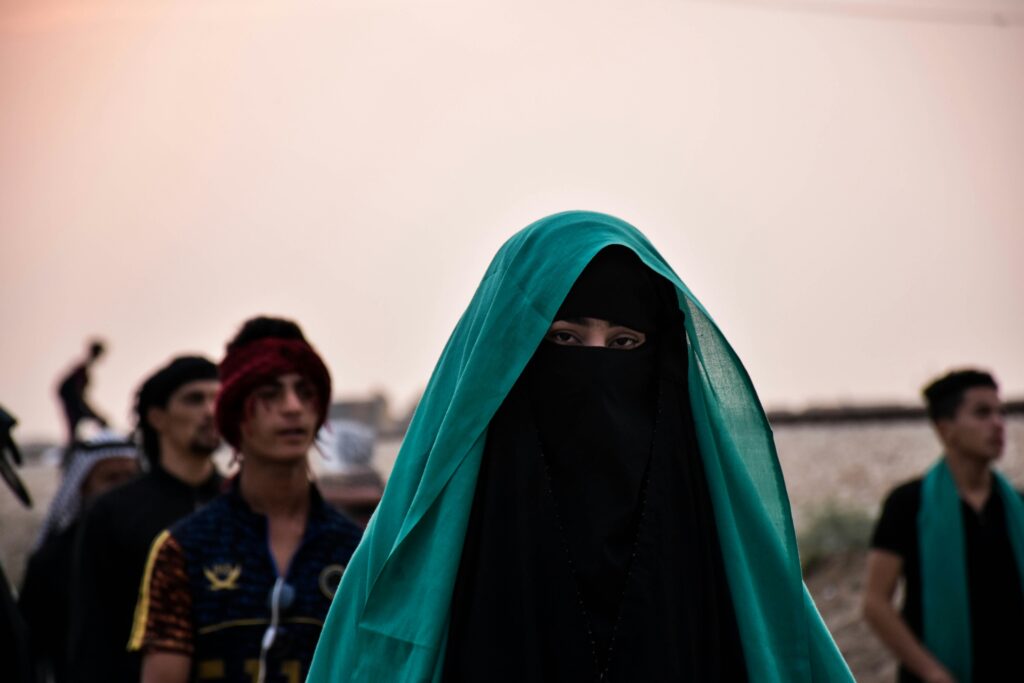Iraq began early voting Sunday, letting security personnel and displaced citizens cast ballots ahead of the national election. About 1.3 million army and police members, plus 26,000 displaced people, participated. The election will determine whether Prime Minister Mohammed Shia al-Sudani secures a second term while Iraq navigates regional pressure from Israel and Iran. A total of 7,744 candidates are running, mostly representing sectarian parties.
Communities in Camps Make Their Voices Heard
Displaced Yazidis voted at a camp near Dohuk after fleeing Islamic State attacks more than a decade ago. Many cannot return to Sinjar because armed groups control the area and infrastructure remains destroyed. IS militants killed and enslaved thousands, leaving long-term trauma for the community.
Edris Zozani, a displaced voter, supported the Kurdish Democratic Party (KDP). “Independent Yazidi candidates cannot represent us effectively,” he said. “Strong parties like the KDP can push our interests in parliament.” Many Yazidis see political alliances as their best hope for influence and protection.
Armed Forces Influence the Election
In Baghdad, soldiers, police, and Popular Mobilisation Forces members voted alongside civilians. The PMF, a coalition of Shiite militias, answers officially to Iraq’s military but retains practical autonomy. Parliament debates legislation to formalize PMF authority, prompting objections from Washington.
One fighter, speaking anonymously, said, “I voted for the list defending the PMF.” Several PMF factions field political parties, and their results could shift Iraq’s military balance and international relations.


